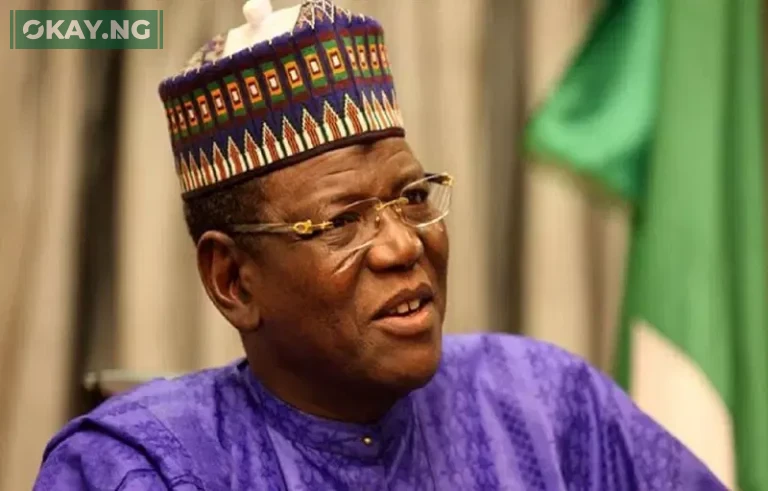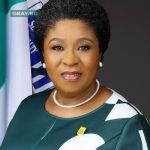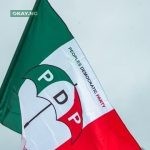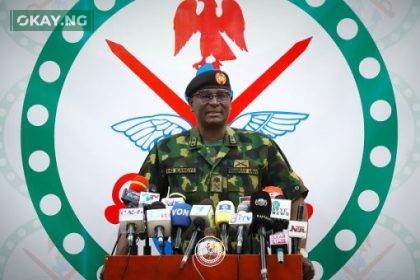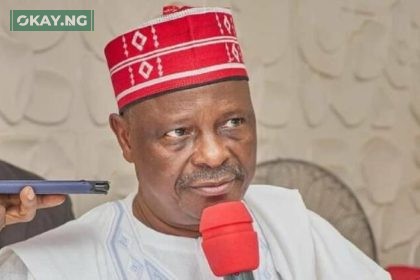Former Jigawa State Governor and ex-National Secretary of the defunct Social Democratic Party (SDP), Sule Lamido, has disclosed in his autobiography Being True to Myself that he directly told former military ruler General Ibrahim Babangida (retd) to resign during the political crisis triggered by the annulment of the June 12, 1993 presidential election won by MKO Abiola.
Lamido recounts in chapter seven, “June 12 Consumes IBB,” how he was summoned early one morning to the Nicon Noga Hilton hotel suite by Col. Bamalli, who informed him that the Commander-in-Chief (C-in-C), Babangida, wanted to see him. Babangida’s voice came through the line, urging, “Kai Sule, ka zo yanzu.”
At the Presidential Villa, Babangida attempted to justify the annulment by stating that Abiola could not take office because the government owed him money. Lamido was firm in his response: “No, the SDP is done with any discussion with the federal military government concerning the June 12 elections. We shall not participate in any new election. It must be June 12 or nothing else.”
When Babangida asked what he should do, Lamido boldly told him, “Sir, you must resign and leave office.” Babangida’s demeanor changed instantly: “I saw fire in his eyes; for some minutes, he was speechless.” He later remarked, “No Nigerian can dare say that to me. I never thought you could be that daring. You are very lucky. I see in you someone who is godly. Even if it were madness, it is original.”
Lamido also discusses the political negotiations that led to the formation of Chief Ernest Shonekan’s Interim National Government in 1993. Babangida sought a Yoruba figure with strong British connections to mollify diplomatic pressures and Yoruba political sentiments. “Chief Earnest Shonekan fits the bill,” Lamido said, noting that Shonekan was respected, non-controversial, and had corporate stature as a former chairman of the United African Company (UAC).
Lamido emphasized that neither the SDP nor the National Republican Convention (NRC) were involved in Shonekan’s appointment, countering speculation that the Yoruba hijacked the election victory.
This detailed autobiographical account provides a significant perspective on the political complexities and personal courage surrounding Nigeria’s June 12 electoral crisis.


